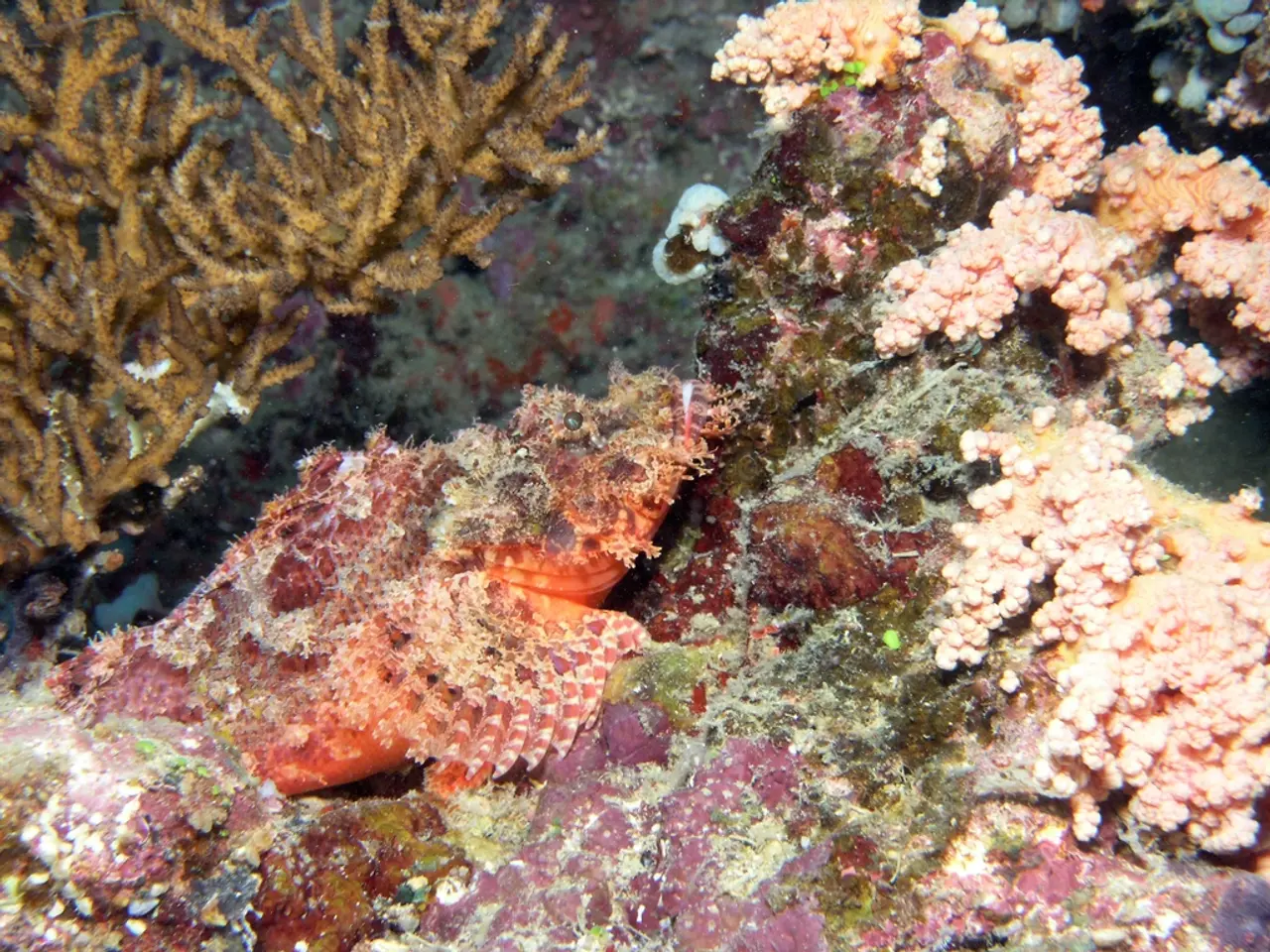Global marine conservation pact, set to commence operations
The United Nations treaty aimed at protecting international waters, which make up around 60 percent of the oceans, is set to become law in January 2026. As of mid-September, 143 countries have joined the treaty, with efforts underway to encourage more ratifications.
The agreement, which sets binding rules to conserve and sustainably use marine biodiversity, aims to protect biodiverse areas in waters worldwide that lie outside countries' exclusive economic zones. This is significant as until now, only one percent of high seas waters had such legal safeguards.
Morocco and Sierra Leone's joining of the treaty clinched the necessary 60 ratifications for its enactment. Notably, Moscow (Russia) has neither signed nor ratified the treaty, finding some elements unacceptable. Washington (United States) signed off on the treaty under President Joe Biden, but it is unlikely to be ratified by the second Trump administration.
The agreement establishes principles for sharing the benefits of marine genetic resources collected in international waters. This is particularly important for developing countries, which often lack resources for research expeditions.
The International Seabed Authority is one of the organizations involved in the treaty, and it is currently embroiled in disputes over proposed rules on deep-sea mining. No commercial mining licenses have been issued for high seas waters, but some countries are exploring for resources within their exclusive economic zones.
Ocean conservationists are urging more countries to ratify the treaty to make it as effective as possible. The oceans are threatened by pollution, overfishing, and growing challenges from deep-sea mining. They are responsible for creating half of the globe's oxygen supply and are vital to combatting climate change, as they limit global warming by absorbing a significant portion of carbon dioxide emitted through human activities.
Once the treaty becomes law, a decision-making body will work with regional and global organizations to manage different aspects of the oceans. The first protected areas under the new law are not expected to be established until late 2028 or 2029.
The treaty does not provide information about which countries have not yet joined the UN treaty on the high seas. It's crucial for all nations to support this effort to ensure the health and sustainability of our world's oceans for future generations.
Read also:
- Russia, according to Zelensky, lacks the prowess for launching another significant offensive.
- Russia's Latest Peace Proposals for Donbas: New Diplomatic Landscape Emerges amid Alaska Summit, Potentially Opening Ceasefire Opportunities
- Amidst India's escalating climate crisis, transgender individuals continue to persevere
- Contentious Discussion Surrounding the Movie Release of "Planet of the Humans"








